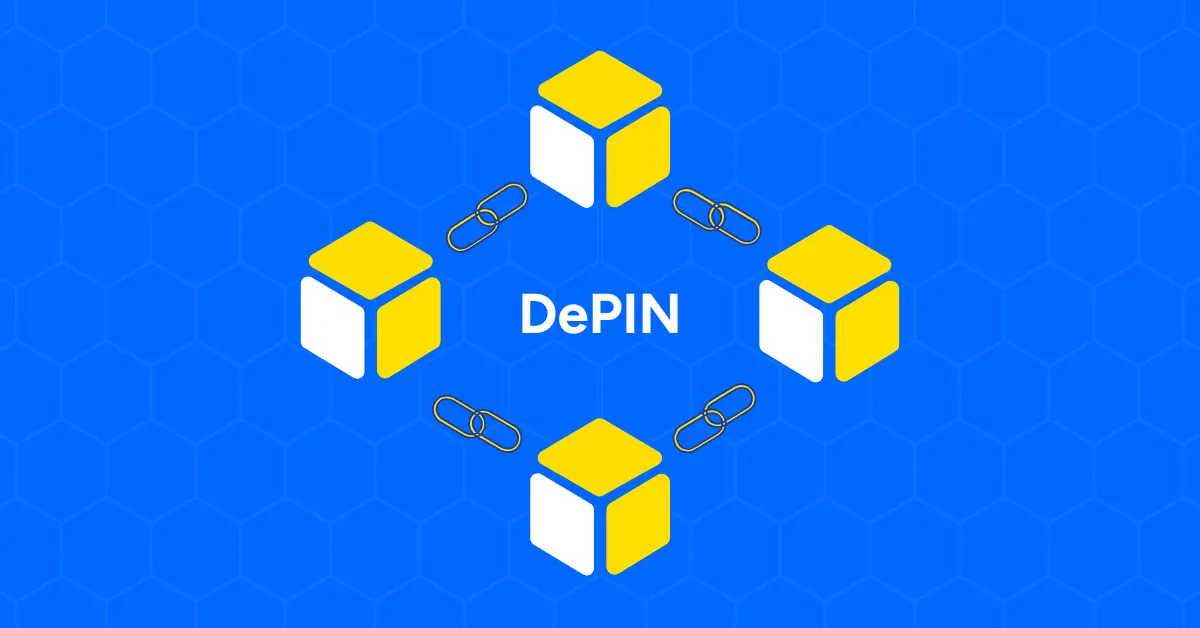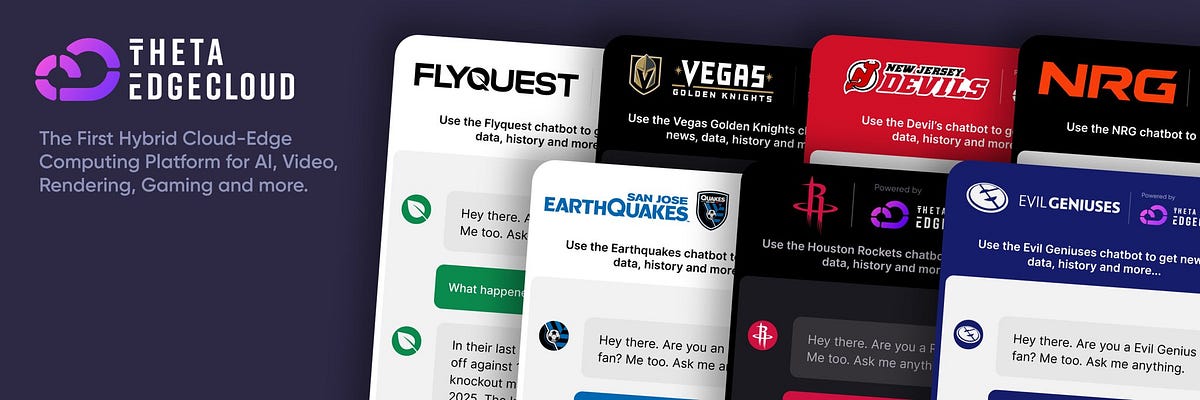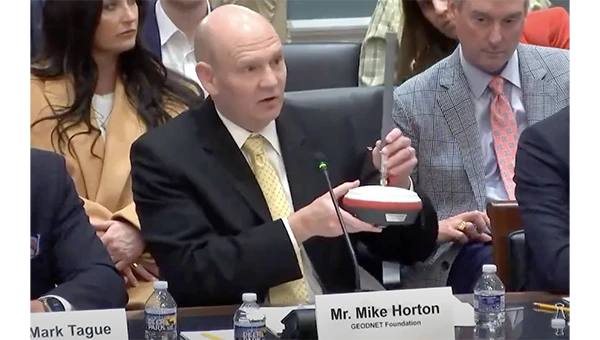Roam to Sponsor 2025 Hong Kong Web3 Carnival with Free eSIM Data and WiFi Support

Roam, a leader in the DePIN track, has announced its participation as a primary sponsor at the 2025 Hong Kong Web3 Carnival, scheduled for April 6-9. In collaboration with the event organizers, Roam will provide attendees with complimentary eSIM data and WiFi network support, ensuring seamless connectivity throughout the venue. This initiative aims to enhance the overall experience for participants, allowing them to stay connected without interruptions during the event.
As part of its sponsorship, Roam will offer successful ticket purchasers 1GB of free eSIM data, which can be activated through the Roam App after following the instructions in their confirmation email. First-time users will also receive an additional 50MB of data. The Roam eSIM, which operates in over 180 countries, allows users to switch to local data automatically, thus avoiding high roaming fees. Roam’s competitive pricing promises to reduce communication costs by 30% to 80%, making it an attractive option for travelers and business professionals alike. Users can also connect to over 4.5 million OpenRoaming WiFi hotspots globally, ensuring stable network access.
In addition to the eSIM offerings, Roam is engaging users through various activities, including the “Daily 2000 Steps Challenge” and exchange top-up promotions. Participants can earn rewards such as Roam eSIM data, USDT, and NFTs. Furthermore, Roam is conducting a limited-time reverse burn activity for ROAM token holders, enhancing profit potential for users. With over 3 million WiFi nodes and a growing user base, Roam is positioning itself as a significant player in the decentralized wireless network space, showcasing its commitment to user engagement and innovative solutions in the Web3 landscape.
Related News





